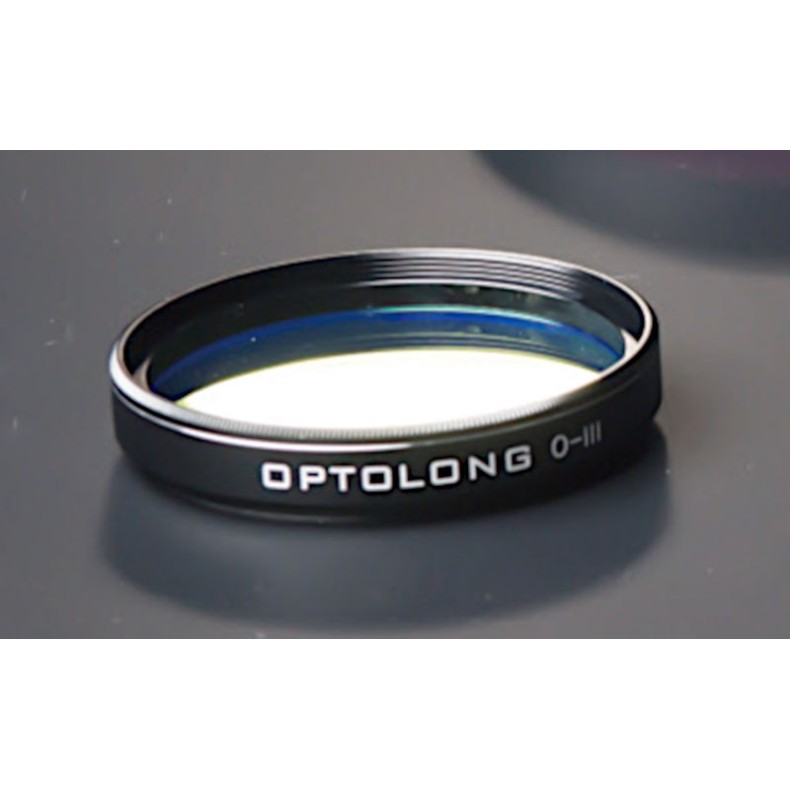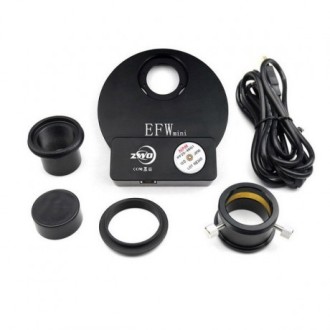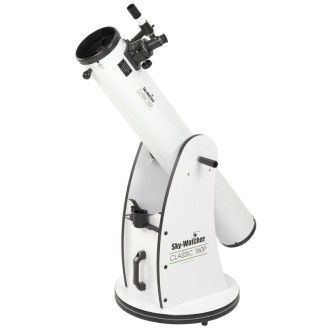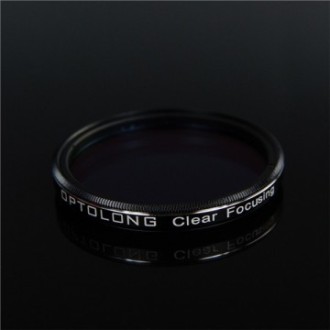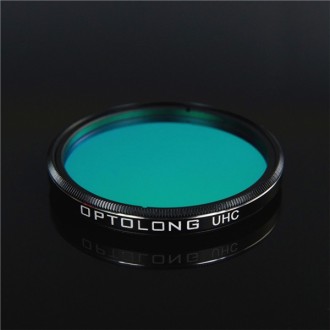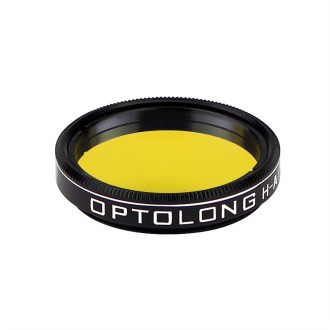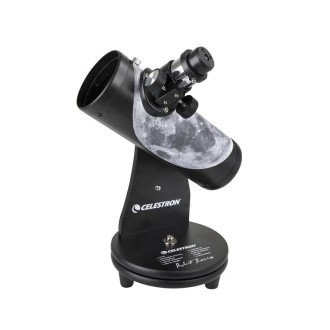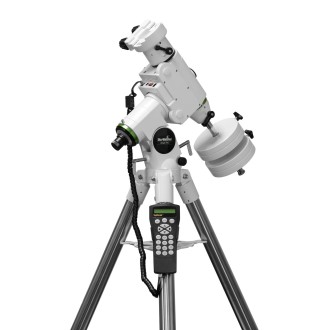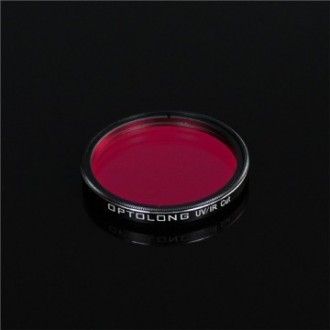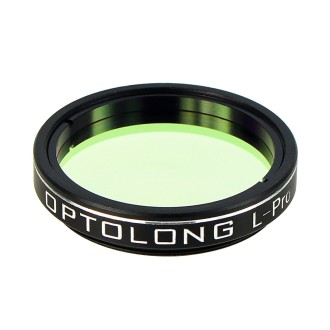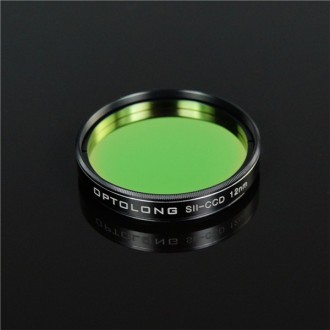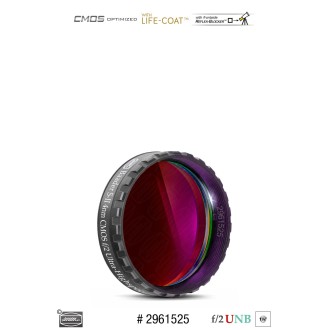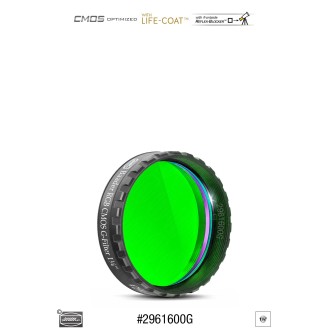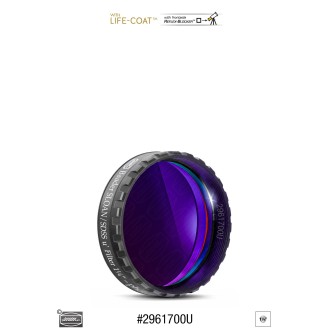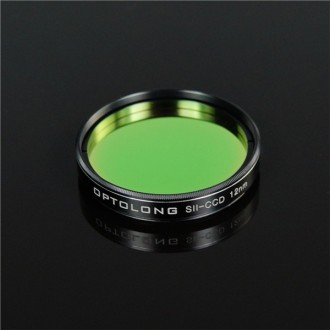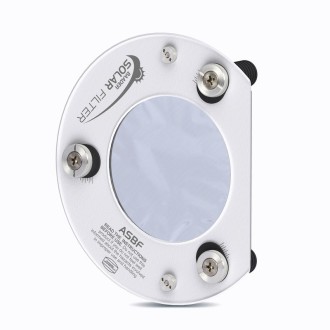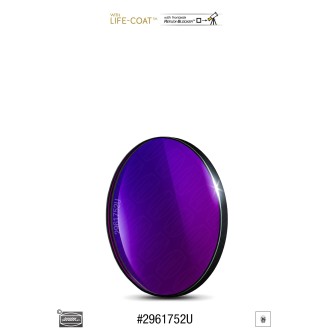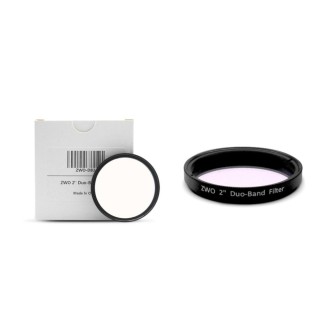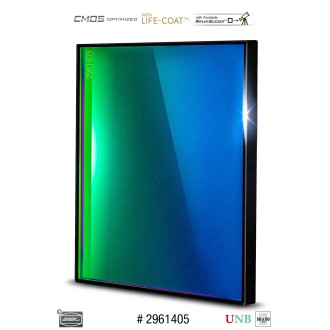Deliver it 7/14 days

OIII-CCD 6.5 nm 1.25" deep space astrophotographic filter Optolong
Very narrow-band OIII-CCD filter designed to observe nebulae, focusing on the wavelength corresponding to the OIII emission lines and reducing stray light wavelengths (artificial lights and skyglow), being one of the components of the Hubble color palette.
| Carrier | Description | Estimated Delivery | ||
|---|---|---|---|---|
 |
Home delivery - International | Home delivery - International |
Friday, 18 April - Friday, 25 April |
|

Home delivery - International
Home delivery - International
Estimated delivery:
Friday, 18 April - Friday, 25 April
OIII-CCD 6.5 nm 1.25" Deep Space Astrophotographic Filter Optolong
The 6.5nm is a very narrow band filter designed for nebula observation, centered at a wavelength of 500nm, which corresponds to the OIII emission lines and drastically reduces the transmission of certain stray light wavelengths, specifically those produced by artificial light including mercury vapor, and high and low pressure sodium vapor lights and unwanted natural light caused by the emission of neutral oxygen in our atmosphere (i.e. skyglow).
OIII emits 495.9 nm and 500.7 nm, making it a blue-green filter. Many images of planetary nebula and supernova remnants are taken only with H-alpha and OIII filters; they show great structural detail, but have natural colors, similar to an RGB image.
Applications
- Suitable for visual observation in most emission nebulae, planetary nebulae and supernova remnants.
- Imaging with a Hubble-like appearance can be achieved by combining H-alpha, OIII-CCD and SII-CCD, such as the famous "Pillars of Creation" (Eagle Nebula M16)
- The narrow-band filter does not remove the effects of light pollution or increase the brightness of the object. In most cases, it increases the contrast between the nebula and the night sky, without illuminating the nebula.
Technical data
- 80% transmission in the main line OIII of 500 nm
- Infrared cut-off wavelength: 700-1100nm
- Transmission: 0.1% out-of-band, specifically the main artificial light pollution emission lines (i.e. Na 589 nm, Hg 435 nm and 578 nm). The 0.1% transmission is equivalent to OD3 (optical density), and a high optical density value indicates very low transmission, and a low optical density indicates high transmission.
Substrate and coating characteristics
- Substrate material: Schott
- Thickness: 2.0mm
- Surface quality: 60/40 (see MIL-O-13830)
- Optically polished to ensure 1/4 accuracy wavefront (surface irregularities are
- Non-cementitious optical substrate coating
- Outermost coating with ion-assisted electron beam evaporation deposition technology provides increased durability and scratch resistance, as well as CWL (center wavelength) stability unaffected by temperature changes.
- Planetary rotation system provides precision and homogeneity of coatings, ensuring high value in through-band transmission and out-of-band optical density
- Ultra-thin filter cell minimizes vignetting by maximizing the largest possible aperture (the diaphanous aperture is 26 mm for the 1.25")
- Size: 1.25 "
Astrophotographic filter Optolong for deep space OIII-CCD 6.5 nm 1.25"

